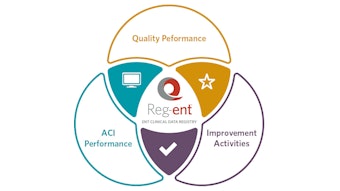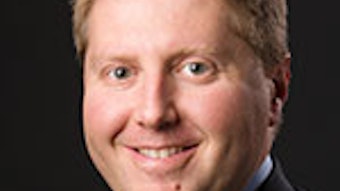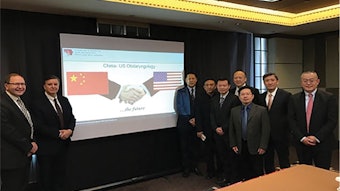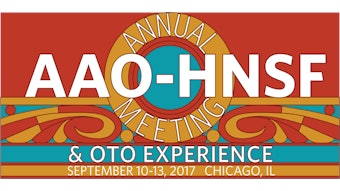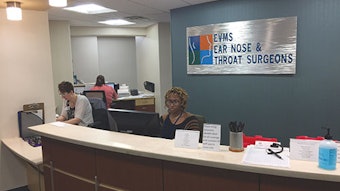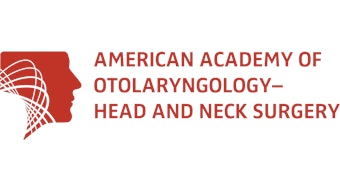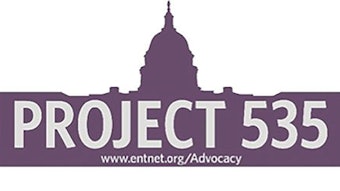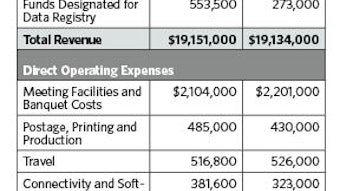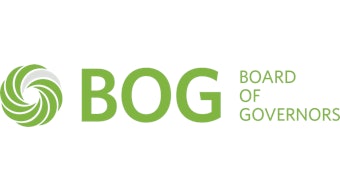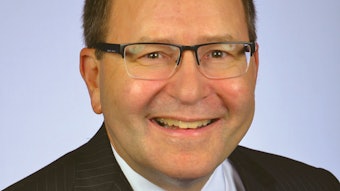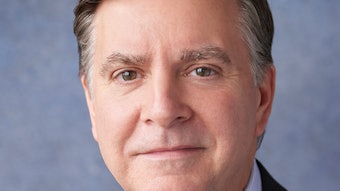Navigating Change: Regulatory advocacy efforts under the new Administration
Under the new Secretary of the Department of Health and Human Services, Tom Price, MD, the Academy has been actively working to address many issues currently confronting practicing otolaryngologist- head and neck surgeons, including prior authorization, reducing the regulatory burden on physicians, 2017 and 2018 MIPS reporting, and Alternative Payment Model (APM) development.

Joint sign-on letter—prior authorization issue for Medicare Advantage (March 2017)
The Academy signed on to a joint letter with the American Academy of Ophthalmology, ACS, American College of Radiology, and American Urological Association urging Centers for Medicare & Medicaid Services (CMS) to make two changes related to Medicare Advantage (MA) plans’ use of prior authorization (PA) that would reduce burdens for physicians. The letter requests that CMS standardize the PA form across all payers; standardize the time the payer has to make a determination; standardize the time the payer has to inform the provider of the decision related to PA, as well as the amount of time to appeal such decisions; and preclude MA plans from denying coverage for items and services that have been pre-authorized. These five associations totaled more than 160,000 physicians, a strong showing on this important issue.
AMA sign-on letter—additional exemptions for penalties under MU, PQRS, VM (March 2017)
The Academy signed on to an AMA letter urging the Administration to take a series of steps to relieve the regulatory burden in the Meaningful Use (MU), Physician Quality Reporting System (PQRS), and value-based payment modifier (VM) programs prior to their replacement by the MIPS and APM programs and minimize the penalties assessed for physicians who tried to participate in these programs. The letter urges CMS to make new exemptions for the 2016 performance year to avoid payment adjustments in 2018.
Joint sign-on letter—regulatory relief for penalties for 2018 CMS programs, including zeroing out VM (March 2017)
The Academy joined 13 medical specialty societies and signed on to an additional letter requesting regulatory relief, led by the American Academy of Ophthalmology. This letter requested that CMS zero out the VM and eliminate currently scheduled penalties for 2018. The Academy believes continued collaboration with other specialty societies is important, especially when the specialty leading the effort has similar issues to the Academy, such as subspecialists incurring penalties based on inappropriate risk methodology.
AMA Alternative Payment Model Workshop (March 20, 2017)
James C. Denneny III, MD, CEO and EVP, and Academy staff attended an AMA-sponsored APM workshop in Washington, DC, on March 20, allowing participants to discuss possible solutions to several of the key challenges facing physicians who are developing and implementing APMs. During this meeting, Frank G. Opelka, MD, medical director for Quality and Health Policy, ACS, and representatives from the Brandeis team reviewed the methodology behind the ACS APM model, which the Academy has participated in by providing input on three otolaryngology groupers: functional endoscopic sinus surgery (FESS), thyroid, and parathyroid. The goal of the ACS model is to make measures applicable to all surgeons. Patrick H. Conway, MD, deputy administrator for Innovation and Quality and CMS Chief Medical Officer, was also in attendance and acknowledged the gap of specialty-specific APMs. He noted specialty specific APMs would be a good area for small pilot programs in the future.
The Academy will continue to work on behalf of our members on these and other issues to reduce the regulatory burden facing physicians today and to ensure members can continue caring for their patients.
